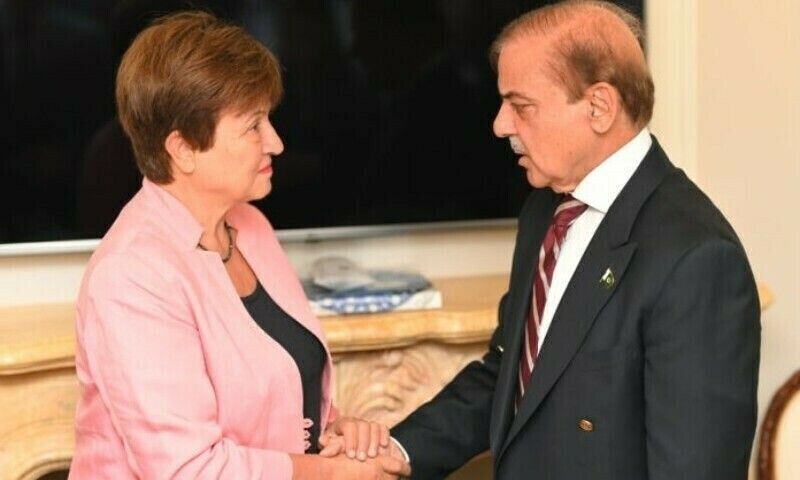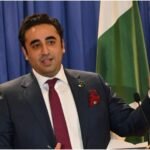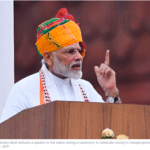As Pakistan’s access to a $6.7 billion bailout from the International Monetary Fund (IMF) is set to expire on June 30, the country faces a critical deadline to prevent its already strained economy from collapsing. With a severe shortage of foreign exchange reserves, Pakistan’s central bank can only cover approximately one month’s worth of imports.
In a similar crisis over three decades ago, Pakistan’s arch-rival India implemented extensive reforms that included devaluing the rupee, reducing the size of the public sector, and increasing government revenue. It is now time for Pakistan to follow suit.
The IMF’s bailout package, the 23rd received by Pakistan since its independence, was suspended in November 2022 due to the government’s failure to fulfill the loan’s conditions. These conditions included reducing energy subsidies, privatizing state-owned enterprises, and cutting the fiscal deficit, among others.
Recently, Prime Minister Shehbaz Sharif’s government has taken more decisive steps to meet these demands. Initially, Sharif’s administration proposed a budget for the current fiscal year that featured significant increases in public sector salaries, development spending, and tax incentives.
While the motive behind this budget was understandable, with elections approaching later this year, the government feared the repercussions of cutting subsidies and raising taxes while the population struggled with stagnant growth and record inflation. In May, consumer prices rose by a staggering 38%, prompting the central bank to raise interest rates to 22% in a recent meeting.
However, the proposed budget would have resulted in a fiscal deficit of 6.5% of GDP, which the IMF found unacceptable. In response to the IMF’s concerns about the sustainability of Pakistan’s debt, the National Assembly approved a revised budget that increased taxes on fertilizers, property transactions, and petroleum. This move has led the IMF to believe that Pakistan may qualify for renewed access to its funds.
Even if a deal is reached before the deadline, it will not be sufficient to break Pakistan’s cycle of overspending and recurring crises. While the IMF should not impose additional burdensome conditions, Pakistani politicians themselves need to acknowledge the failure of their development model, which should have been replaced decades ago.
Pakistan faces three major problems: insufficient exports, excessive public sector expenditure, and inadequate tax revenue to meet the government’s obligations. Historically, these gaps have been filled by remittances, bailouts, and generous assistance from countries like China and Saudi Arabia.
Reviving exports requires allowing the Pakistani rupee to depreciate and implementing business-friendly reforms. Reducing the size of the public sector can be achieved through privatization and significant cuts to the defense budget.
Equally important is expanding the tax base. The revised budget’s new taxes primarily burden existing taxpayers, including struggling professionals, as loopholes in the tax system remain unaddressed. Agriculture, despite being a sector dominated by wealthy landowners, is scarcely taxed. Taxing real estate in urban areas has also been challenging, although the revised budget attempts to tackle this issue. Proper implementation of a property transaction tax requires accurate records of property ownership.
Moreover, the tax code is plagued with exemptions that facilitate tax avoidance. Unlike India, Pakistan lacks standardized value-added tax across the country, leading to multiple tax jurisdictions and potential revenue losses due to fraudulent refund claims.
Addressing these three core issues will set Pakistan on the path to sustained growth and alleviate its reliance on handouts. While the necessary changes may face short-term unpopularity, politicians must display courage in the face of rising populism and upcoming elections. Prime Minister Sharif should prioritize Pakistan’s best interests over his own re-election prospects.














